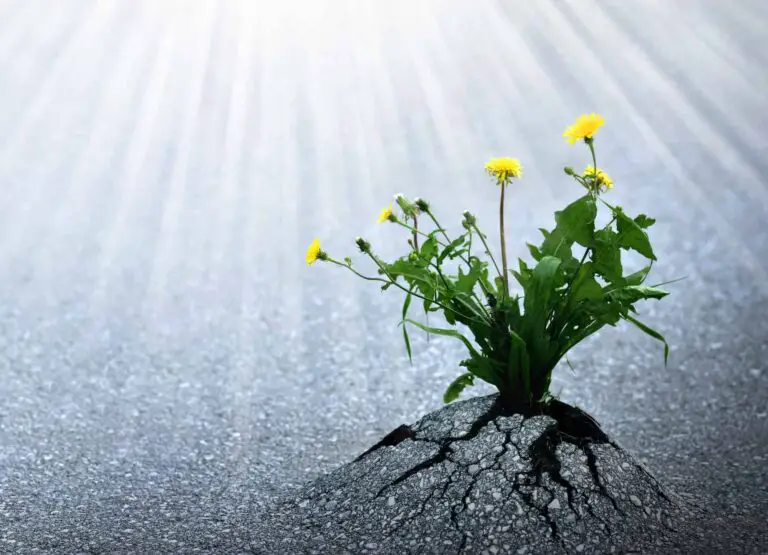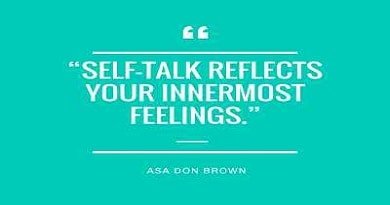5 Steps To Forgive Yourself

Are you having a difficult time forgiving yourself? Well, humans are not perfect, we all make mistakes in some part of our lives, which is natural. Many people are unable to move on and learn from their mistakes. You may be one of them. Your mistakes may cause you a significant amount of pain and regret, but forgiving yourself is one of those things that is worth enduring all. Self-forgiveness plays a major role in one’s mental health. It is equally as important to forgive yourself as forgiving others is. It helps you to let go of anger, resentment, and grow self-love.
Most people think of forgiveness as a weakness. Forgiving others or yourself doesn’t mean you are letting yourself off, it means you have acknowledged the situation and have decided to move past it without regretting over events that cannot be changed. Some people are more forgiving than others naturally, but that does not mean you can never be forgiving. You can always learn to forgive others and most importantly, yourself.
Why is it hard to forgive yourself?. Most people find it hard to forgive because they have a very low opinion of themselves, thinking they are not perfect and punishing themselves will make them achieve that. The truth is no one is perfect, this thought is hard to implement emotionally to yourself. This low confidence comes from your decisions. This is why self-forgiveness is hard because you have taken the decisions that led to the situation.
If you think you are not perfect, you need to accept that Humans are flawed. You need to accept yourself and others the way they are, everyone is doing the best they can to live their life. It is okay if you are doing things and not achieving anything, learn from the experience and move on.
If you think that you have caused harm and pain to others and need to forgive yourself. First, you need to stop harming and abusing yourself mentally, this will not help you at all and would only lead to more bad actions taken by you.
It is hard to forgive yourself because you cannot move on, you keep getting reminded of your actions. You need to learn from the mistakes and move on because what’s done is done and cannot be changed. If you get into a similar situation remember the outcomes of the decisions you made in the past and improvise. Do not get wearied out by the guilt, instead learn from it and take better decisions.
5 steps to forgive yourself:
If you don’t have a forgiving nature, it is okay for you to always try and learn to be forgiving. All you have to do is follow the below-mentioned steps.
Take responsibility:
Moving past your mistakes is not enough when it comes to forgiving yourself. You need to accept the things that happened and face accountability for your faults. It can be hard, facing things you have done or have happened to you but it is also the first step towards self-forgiveness. Many people come up with excuses for their behavior to justify it as acceptable. This is wrong, you need to realize your mistakes and face what you have done, this is how you can figure out what went wrong and learn from it.
Feel guilt:
Once you have taken accountability for your actions, many negative emotions like shame and guilt will flood in. It is completely normal to feel guilt after you have done something wrong. You can use the feelings of guilt and remorse as a weapon, they can help you change and develop a positive change in yourself. If you don’t think positively these negative feelings like shame can have adverse effects on your mental health. You need to convert the shame to guilt. Otherwise, feelings of anxiety and depression can take a hold on your mental health. You need to understand that everyone makes mistakes, feeling guilty about them does not make you a bad person.
Make amends:
Whether you are forgiving yourself or someone else, making amends is always an important step. Make yourself feel like you have earned the forgiveness by doing positive things, it is the same as you won’t forgive someone else until they have done something to make it up to you. If your actions have hurt someone, apologize, and make it up to them. This will decrease your guilt and you won’t be feeling sorry that you could have done more. This will develop positive feelings on both sides, the person you hurt would know that you are making efforts to make things right and you will have less guilt as you have paid for your mistakes.
Learn from experiences:
Most of us fall into a void of remorse and shame after making a mistake, leading to depression and self-hatred. It is hard to stay motivated in this condition, you need to realize that mistakes are made by everyone and a lesson should be learned from it to avoid future incidents. Learning from your mistakes will inevitably help you grow into a better person than you are. You need to self-analyze and try to find out the reason for your behavior and work on yourself to fix it.
Stay positive:
Staying positive has huge impacts on your mental and physical health. Self-forgiveness boosts your self-confidence and love for yourself. Staying positive will help you see situations from a different aspect, this way you make fewer mistakes and stay stress-free. You need to move on after making a mistake and learning from it, try to look on the bright side by thinking that you learnt something from this incident, and avoid similar situations in the future.
Conclusion
Forgiving yourself is not as easy of a task as it seems, it is more difficult than forgiving others. Realizing your mistakes and learning from them is never easy or simple, but it is worth it in the end. Forgiving yourself helps you develop self-compassion and self-love, providing numerous benefits to your health. Apart from health, self-forgiveness has positive impacts on other aspects as well, it helps you create stronger and more positive relationships with people around you.






